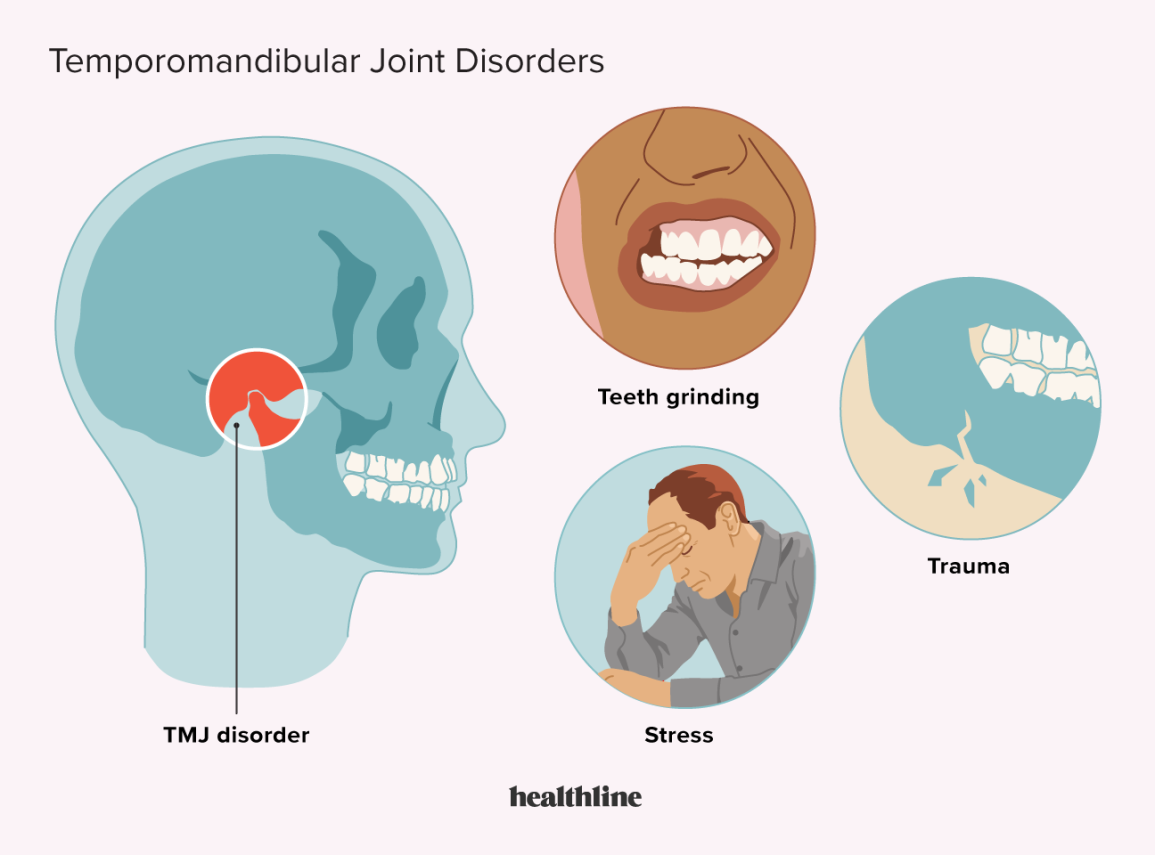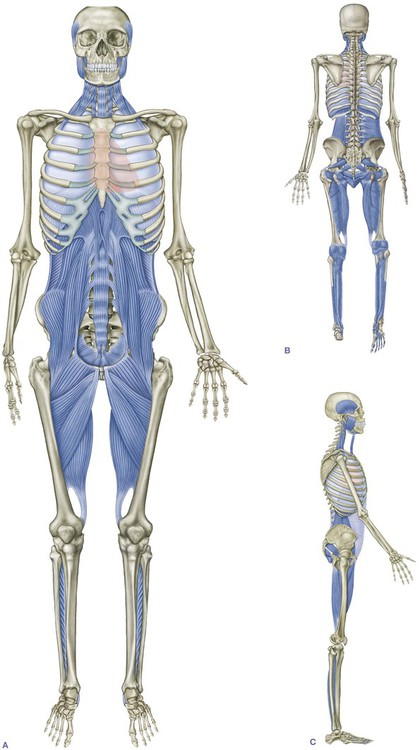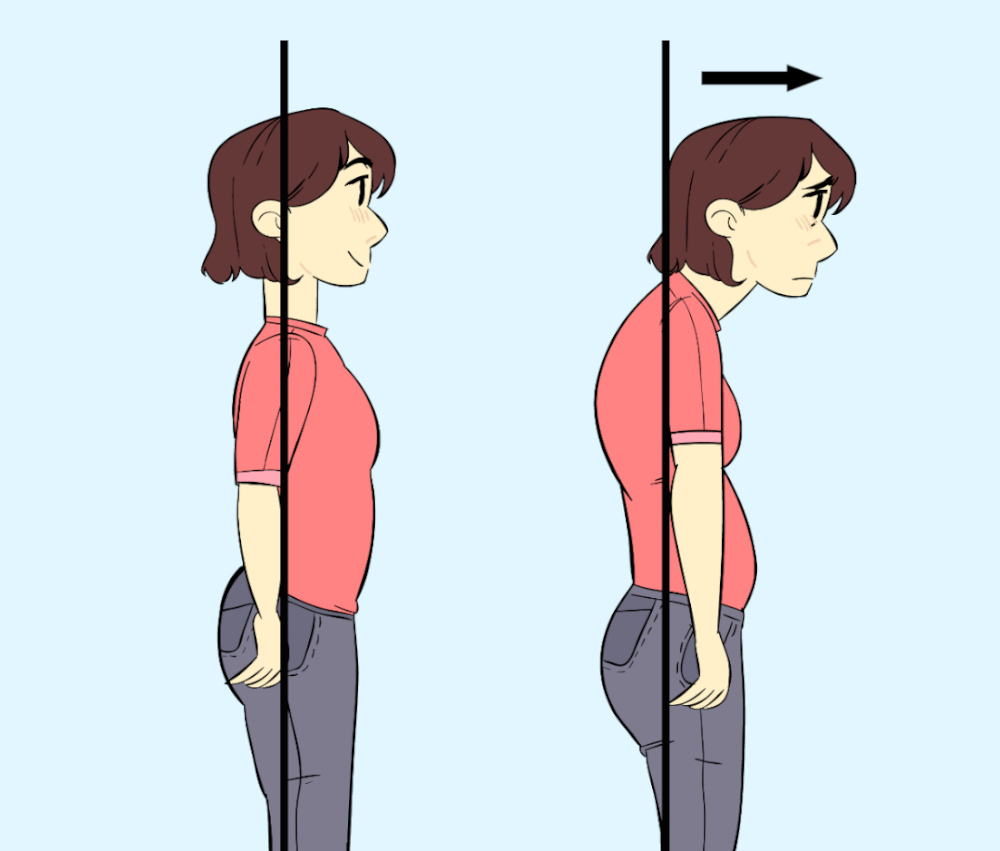Back
Can my TMJ and Jaw Pain be Related to my Pelvic Floor pain?
By Shannon Strauch, PTA, STMT-1 on 10/4/2023

The relationship between the temporomandibular joint (TMJ) and the pelvic floor is an emerging area of interest in healthcare, particularly in the field of pelvic floor physical therapy.
What are the connections between the TMJ and the Pelvic Floor?
1. Embryological Connection: the jaw and pelvic floor share the same embryologic tissue, being formed at around the same time during gestation. Two depressions start forming; one being the mouth, the second being the holes required for urination, bowel movements and reproduction.
2. Muscular and Fascial Connections: The deep frontal fascial line starts at the bottom of the feet, to the back of the legs and adductors, into the pelvic floor, up to the diaphragm and back around to the neck and jaw

3. Nerve Connections: The Vagus Nerve is a cranial nerve that comes out and around the sternocleidomastoid (SCM) and jaw muscles and travels down to the diaphragm, stomach, and pelvic floor. The vagus nerve is a part of the parasympathetic nervous system, which is part of the nervous system that calms the body down and provides the feeling of safety

4: Postural Connections: Poor posture can contribute to issues in both the TMJ and the pelvic floor. For example, if a person has a forward head posture, it can affect the alignment of the spine and pelvis, potentially leading to pelvic floor issues and TMJ problems.

5: Breathing Patterns: Breathing patterns can influence both the TMJ and pelvic floor. Dysfunctional breathing, such as shallow chest breathing, can create tension in the neck and jaw muscles as well as contribute to pelvic floor dysfunction.
6: Stress and Tension: Chronic stress and tension can affect the body in various ways. Stress-related muscle clenching, which may involve clenching the jaw and pelvic floor muscles, can exacerbate symptoms in both areas.
If you are experiencing issues with your TMJ or pelvic floor, it's essential to consult with healthcare professionals who specialize in these areas, such as a pelvic floor therapist. The great thing about pelvic floor physical therapists is that they have extensive training in muscular, facial, nerves and posture correction that is not limited to just the pelvic floor, but the entire body as a whole.
Read More:
How Visceral Mobilization Can Assist with the Treatment of SIBO By Dr. Christine Martirez PT, DPT on 10/22/2024 Learn about SIBO and how visceral mobilizations can be an integral part of your recovery journey Understanding Sacral Pain and How Pelvic Floor Therapy Can Help By Dr. Christine Martirez PT, DPT on 10/21/2024 Learn about sacral pain & how pelvic floor therapy can be an intregral part of your healing journey
Are you ready to live pain free?
Request An Appointment